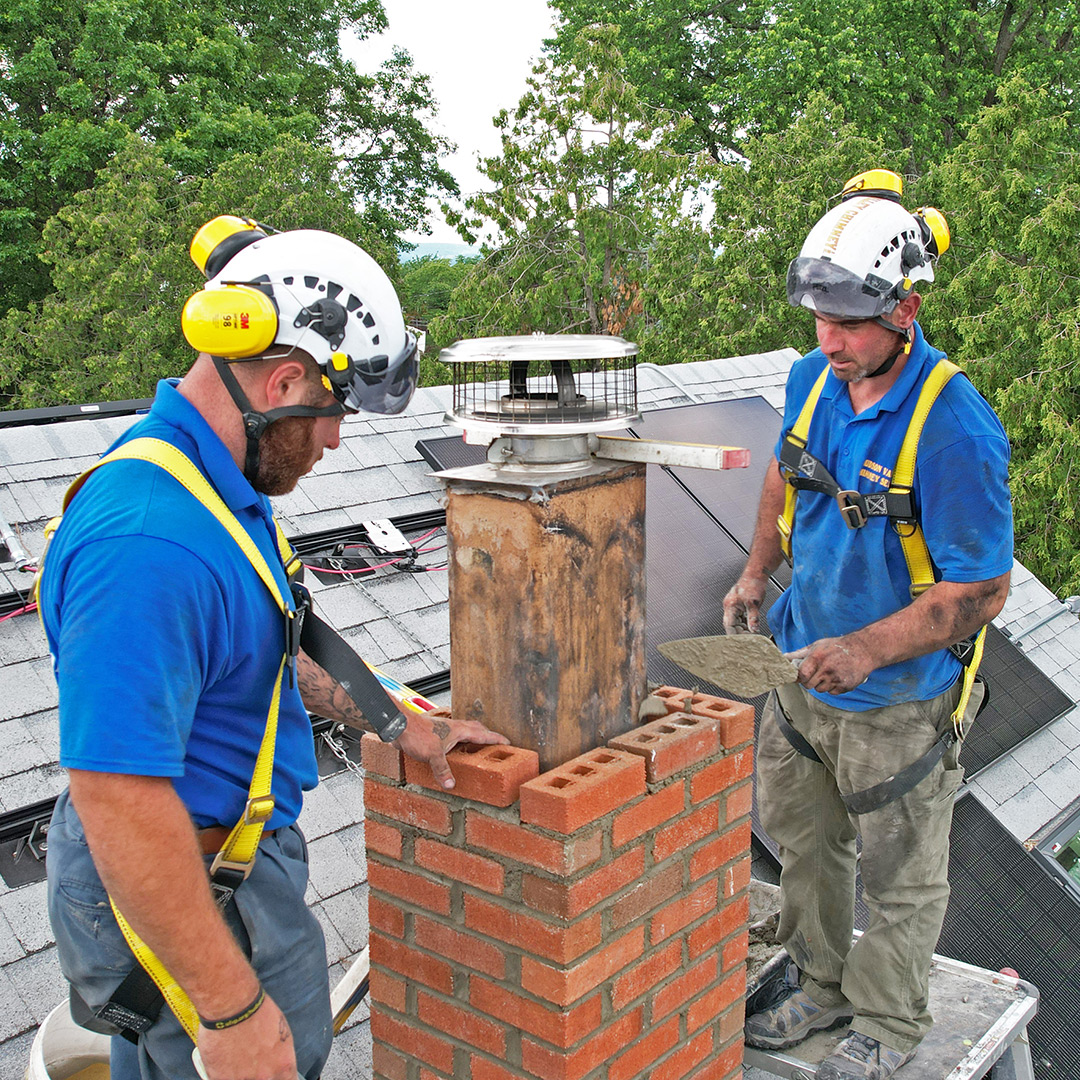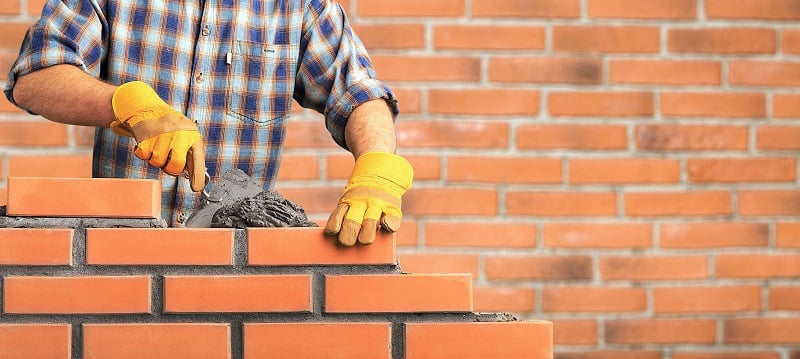Specialist Masonry Contractor Services: Improve Your Building Today
Specialist Masonry Contractor Services: Improve Your Building Today
Blog Article
Unlocking the Keys of Lasting Masonry Building And Construction Practices for Eco-Friendly Buildings
In the realm of modern-day building, the search of lasting methods has actually come to be critical. Amongst the myriad techniques to environment-friendly building, sustainable stonework construction sticks out as a time-tested and long lasting technique that holds a wide range of untapped possibility. From the choice of materials to ingenious building techniques, the tricks to achieving sustainability within masonry building are multifaceted and fascinating. By exploring the benefits, materials, methods, and future trends of sustainable masonry, a deeper understanding of how these practices can form the future of green structures emerges.
Benefits of Lasting Stonework Construction
Embracing lasting masonry building practices not only reduces ecological influence but also uses lasting financial advantages to builders and neighborhoods. By making use of products like recycled blocks, blocks, and rocks, contractors can substantially decrease the carbon footprint of their tasks while advertising resource effectiveness. Additionally, sustainable stonework building strategies, such as correct insulation and thermal mass residential or commercial properties, can improve energy effectiveness within structures, causing reduced functional prices in time.
Moreover, the durability and strength of masonry frameworks add to long-lasting economic advantages. Structures constructed making use of lasting stonework practices often need much less upkeep and repair work, converting to cost savings for building contractors and homeowner. The long life of masonry materials also makes certain that structures continue to be steady and protected, lowering the demand for constant renovations or substitutes.
Eco-Friendly Masonry Products
Using environmentally friendly stonework products is a critical action towards enhancing the sustainability of building and construction practices and decreasing ecological effect while taking full advantage of long-term economic benefits. Sustainable stonework materials are sourced, produced, and made use of in a way that minimizes overall environmental influence. Materials such as recycled bricks, redeemed stone, and sustainable cinder block are coming to be progressively prominent options for eco-conscious building contractors. Recycled blocks, for instance, not just draw away waste from garbage dumps but likewise call for much less power to create compared to brand-new blocks. Recovered stone supplies a distinct aesthetic charm while reducing the requirement for brand-new quarrying. Sustainable concrete blocks include recycled accumulations and may feature improved insulation residential or commercial properties, adding to power efficiency in buildings.
Additionally, all-natural products like adobe, rammed earth, and straw bundles offer outstanding thermal mass residential or commercial properties, minimizing the need for heating and cooling down power. These materials are frequently locally offered, advertising local economic climates and decreasing transportation-related carbon exhausts. By choosing green masonry products, building jobs can significantly decrease their environmental impact and contribute to the development of much healthier, much more sustainable constructed environments.
Energy-Efficient Stonework Methods
Energy performance plays an important role in boosting the sustainability of masonry building methods. By executing energy-efficient masonry methods, home builders can substantially decrease the total energy consumption of a building, resulting in reduced operational prices and a smaller sized ecological impact. One crucial energy-efficient stonework strategy is using thermal mass, which entails including thick products like concrete or block Read Full Article into the building's structure to soak up and store warmth. This assists manage indoor temperatures, minimizing the need for mechanical heating and cooling down systems.

Advancements in Sustainable Masonry
Current developments in lasting stonework techniques have caused innovative techniques that are reshaping the building industry. One such technology is the advancement of self-healing concrete, which utilizes microorganisms installed within the concrete to heal fractures autonomously. This advancement not only reduces upkeep prices yet additionally improves the sturdiness of stonework structures, adding to their sustainability.
Another notable technology is the use of recycled accumulations in stonework construction - masonry contractor. By including products such as crushed ceramic waste or recycled glass right into concrete blends, home builders can reduce the environmental influence of building jobs while preserving structural integrity. This practice not just diverts my site waste from land fills however additionally saves natural resources, making it a crucial advancement in lasting stonework building and construction
In addition, the integration of digital layout tools, such as Structure Details Modeling (BIM), is reinventing the means stonework structures are intended and constructed. BIM enables for more exact calculations, reduced material waste, and boosted power efficiency, eventually leading to more lasting building methods. These advancements collectively indicate a promising future for sustainable masonry building and construction in the age of environmentally friendly structures.
Future Trends in Masonry Sustainability
With the innovative strides made in lasting masonry techniques, the future trends in stonework sustainability are positioned to further change the construction market. Among the vital patterns shaping the future of masonry sustainability is the raised combination of innovation. Advancements such as Building Info Modeling (BIM) and digital fact simulations are being made use of to maximize masonry construction processes, resulting in decreased material waste and improved power efficiency in structures.
Furthermore, the development of novel sustainable products is set to play a significant duty in improving the eco-friendliness of masonry construction. masonry contractor. Developments like self-healing concrete, recycled aggregates, and bio-based binders are getting grip for their capability to decrease ecological impact while maintaining structural integrity

Verdict
To conclude, lasting stonework building and construction practices provide many benefits for environment-friendly structures. By making use of environmentally friendly materials and energy-efficient techniques, stonework can add to an extra sustainable developed atmosphere. Innovations in sustainable stonework are constantly being created to additionally boost the environmental efficiency of structures. Looking in the direction i was reading this of the future, the pattern of masonry sustainability is expected to grow, causing even more eco-friendly and energy-efficient construction techniques in the years to come.
Report this page